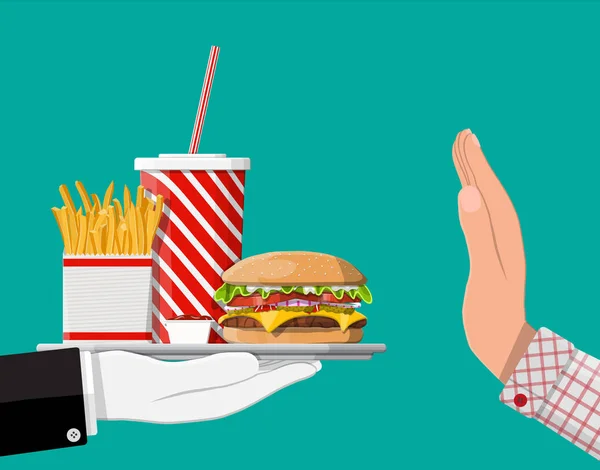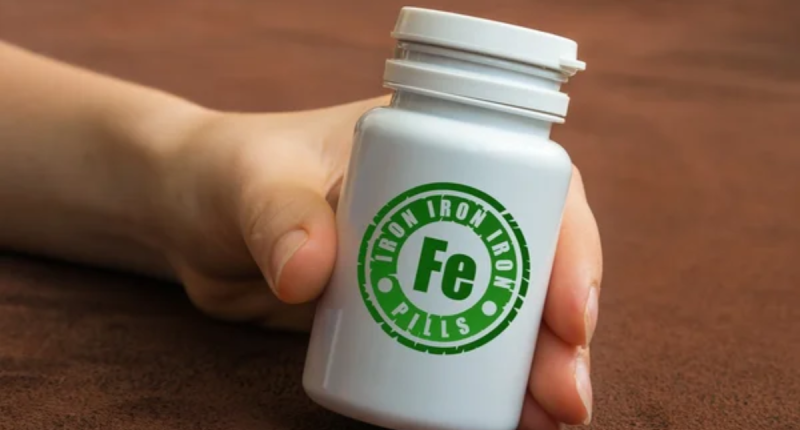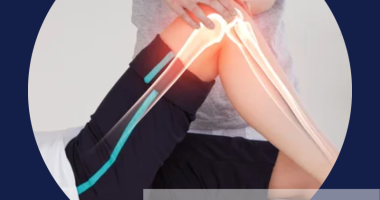Yes, iron vitamins supplements can cause constipation in some people. This is a common side effect, especially with ferrous sulfate, the type of iron most commonly prescribed by doctors.
Iron supplements can cause constipation in two ways:
- By irritating the lining of the digestive tract. Iron supplements can cause inflammation in the stomach and intestines, which can lead to constipation.
- By binding to water in the stool. Iron supplements can attract water to the stool, making it harder and more difficult to pass.
Other Side Effects of Iron Vitamin

Other side effects of iron, in addition to constipation, can include:
- Stomach upset (nausea, vomiting, diarrhea)
- Dark-colored stools
- Metallic taste in the mouth
- Blackening of the teeth
- Headache
- Dizziness
- Fatigue
- Heartburn
- Loss of appetite
- Joint pain
- Muscle cramps
- Rash
In rare cases, iron can cause more serious side effects, such as:
- Allergic reaction
- Heart problems
- Liver problems
- Pancreatitis
- Iron overdose
If you experience any of these side effects, stop taking iron and talk to your doctor right away.
It is important to note that the side effects of iron can vary depending on the type of iron supplement you are taking and the dose. For example, ferrous sulfate is the most common type of iron supplement, but it is also the most likely to cause side effects. Other types of iron supplements, such as ferrous fumarate and ferrous gluconate, are less likely to cause side effects.
If you are concerned about the side effects of iron, talk to your doctor. They can help you choose the right type of iron supplement and dose for you.
Ways to Relieve Constipation Caused by Iron Supplements

Here are some ways to relieve constipation caused by iron supplements:
- Increase your fiber intake. Fiber helps to add bulk to the stool and make it easier to pass. Good sources of fiber include fruits, vegetables, and whole grains. Aim to eat at least 25 grams of fiber per day.
- Drink plenty of fluids. Staying hydrated can help to soften the stool and make it easier to pass. Aim to drink at least eight glasses of water per day.
- Take a stool softener. Stool softeners work by adding moisture to the stool and making it easier to pass. You can find over-the-counter stool softeners at most pharmacies.
- Exercise regularly. Exercise helps to stimulate the digestive system and promote regular bowel movements. Aim for at least 30 minutes of moderate-intensity exercise most days of the week.
- Establish a regular bathroom routine. Try to use the bathroom at the same time each day, even if you don’t feel the need. This will help to train your body to have regular bowel movements.
If you have tried these tips and are still experiencing constipation, talk to your doctor. They may be able to recommend other ways to manage the side effects of iron supplements, such as switching to a different type of iron supplement or taking a lower dose.
Here are some additional tips that may help:
- Avoid taking iron supplements with calcium supplements. Calcium can interfere with iron absorption.
- Split your daily dose of iron into two or three smaller doses. This can help to reduce the amount of iron that is not absorbed by the body.
- Take iron supplements with food. This can help to reduce stomach upset.
- Try taking a probiotic supplement. Probiotics are live bacteria that are good for your gut health. Some studies have shown that probiotics can help to relieve constipation.
- Massage your abdomen. Massaging your abdomen in a circular motion may help to stimulate the digestive system and promote a bowel movement.
Tips to Help Prevent Constipation

Here are some tips to help prevent constipation:
- Eat a high-fiber diet. Fiber helps to add bulk to the stool and make it easier to pass. Good sources of fiber include fruits, vegetables, and whole grains. Aim to eat at least 25 grams of fiber per day.
- Drink plenty of fluids. Staying hydrated can help to soften the stool and make it easier to pass. Aim to drink at least eight glasses of water per day.
- Exercise regularly. Exercise helps to stimulate the digestive system and promote regular bowel movements. Aim for at least 30 minutes of moderate-intensity exercise most days of the week.
- Establish a regular bathroom routine. Try to use the bathroom at the same time each day, even if you don’t feel the need. This will help to train your body to have regular bowel movements.
- Respond to the urge to go. Don’t hold your bowels when you need to go. Holding your bowels can make constipation worse.
- Avoid processed foods, sugary drinks, and excessive amounts of caffeine and alcohol. These substances can dehydrate you and contribute to constipation.
Additional tips:
- Eat breakfast every day. Skipping breakfast can slow down your digestion.
- Eat prunes or other dried fruits. Prunes are a good source of fiber and have been shown to help relieve constipation.
- Take a magnesium supplement. Magnesium is a mineral that helps to relax the muscles in the digestive tract. Some studies have shown that magnesium supplements can help to relieve constipation.
- Try a squatting position when using the toilet. Squatting can help to open up the colon and make it easier to pass a bowel movement.
If you have tried these tips and are still experiencing constipation, talk to your doctor. They may be able to recommend other ways to manage your constipation or rule out any underlying medical conditions.
Who Is most likely to Experience Constipation from Iron Supplements?

- Older adults. Constipation is more common in older adults, even without taking iron supplements. This is because the muscles in the digestive tract tend to weaken with age, and the digestive system slows down.
- People with certain medical conditions. Certain medical conditions, such as irritable bowel syndrome (IBS), Crohn’s disease, and ulcerative colitis, can make constipation worse.
- People who are taking high doses of iron. The higher the dose of iron, the more likely you are to experience constipation.
- People who are taking other medications that can cause constipation. Some medications, such as antidepressants, pain relievers, and calcium supplements, can cause constipation. If you are taking multiple medications, be sure to talk to your doctor about the potential side effects.









